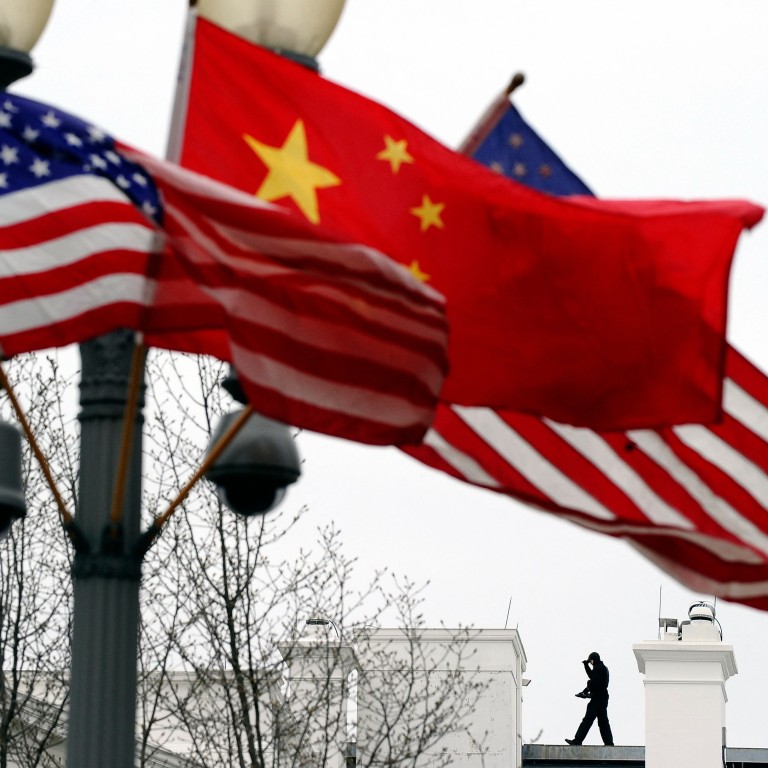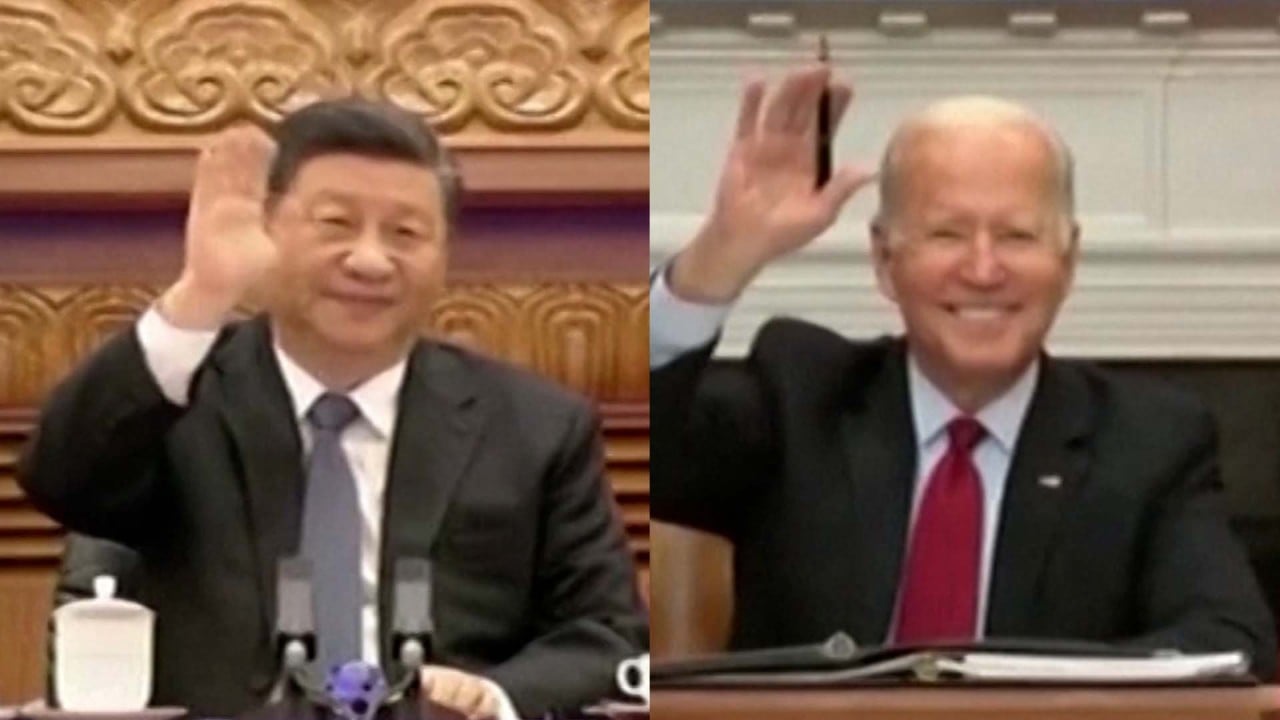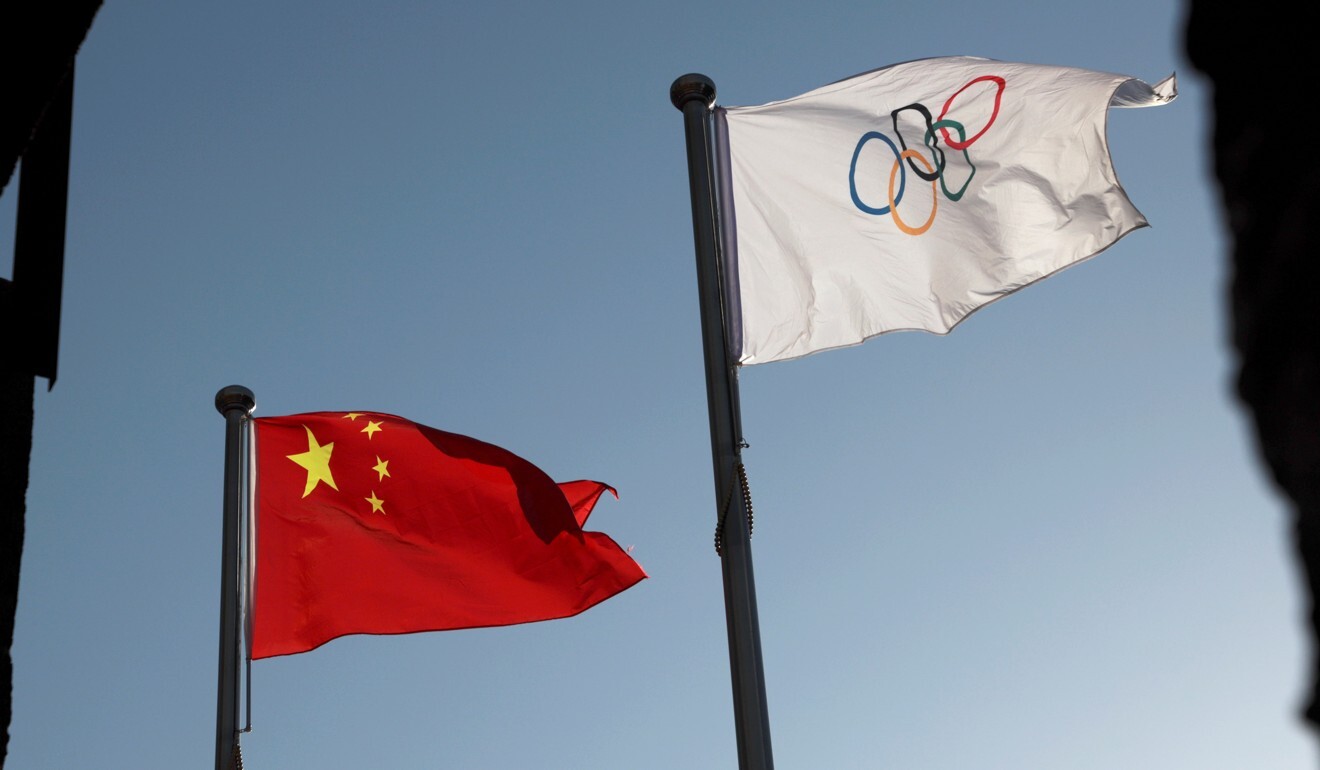
US, China will relax visa restrictions on each others’ journalists
- Both countries have agreed to lengthen the validity of reporters’ visas from the current three months to a year
- The announcement came less than 24 hours after presidents Joe Biden and Xi Jinping met in a virtual summit, though the leaders did not discuss the topic
The agreement was first reported by Chinese state-run outlets, including the China Daily newspaper late on Tuesday. The deal was later confirmed by both the US State Department and Chinese Foreign Ministry spokesman Zhao Lijian.
Chinese news groups warned of penalties for internet violations
“This hard-won achievement is in the interest of the media on both sides. It is hoped that the United States will honour its commitments and implement relevant measures and policies as soon as possible,” he said during a press conference.
“It is hoped that the US can work with China to continue to create favourable conditions for the media of the two countries to work and live in each other’s countries”.
The visa deal was the result of sustained talks at the working level over recent months, a State Department official said, adding that the agreement was welcome progress but the administration viewed it “simply as initial steps”.
The agreement addresses one of many points of friction in the relationship after a series of tit-for-tat measures targeting journalists and media outlets in recent years.

02:25
Xi Jinping and Joe Biden call for mutual respect and peaceful China-US coexistence
Currently, Chinese journalists in the US are offered only 90-day visas regardless of whether they are employed by Chinese state media after a tightening of the rules implemented during former US president Donald Trump’s administration.
It remains unclear whether the easing of visa restrictions will extend to the expelled American journalists. Foreign ministry sources cited by China Daily said visas would be issued “based on applicable laws and regulations”.
The State Department representative said the Biden administration remained in “close consultation” with the US outlets that had been affected by Beijing’s media policies, as well as other outlets that faced “personnel shortages” because of Chinese policy decisions. “We are gratified their correspondents will be able to return to the PRC to continue their important work,” the official said.
“We will continue to work toward expanding access and improving conditions for US and other foreign media, and we will continue to advocate for media freedom as a reflection of our democratic values.”
China imposes limits on 6 more US-based news organisations
News of the agreement came as a surprise, after a senior administration official told reporters after the leaders’ call that issues around student and journalist visas did not come up “in any sort of form”.
On Tuesday, Biden described the call as “a good meeting”, adding that the two sides had “a lot to follow up on”.
“We set up four groups [and] we’re going to get our folks together on a whole range of issues,” Biden told reporters during a trip to New Hampshire.

In what was described by the White House as a “respectful” conversation, Xi called Biden an “old friend,” a term Chinese officials typically reserve for foreign politicians who favour closer ties with Beijing.
The White House on Tuesday sought to distance itself from that characterisation of the presidents’ relationship, with White House spokesman Andrew Bates telling reporters that Biden “does not consider President Xi an ‘old friend’.”
But among the subjects that did not come up was the upcoming Beijing-hosted Winter Olympics, which lawmakers and rights groups have urged officials to shun over China’s crackdown on Uygurs and other ethnic minority groups in the country’s far west.
The Biden administration has dodged questions about a possible diplomatic boycott, but The Washington Post reported on Tuesday that it was close to endorsing such a move.
Senators try to force US hand on diplomatic boycott of Beijing Olympics
In the Senate, the push for a diplomatic boycott has been led by Senator Mitt Romney, a Republican from Utah and leader of the 2002 Salt Lake City Winter Olympics, who said that Olympics in authoritarian states were more often used as “a tool of propaganda than a lever of reform”.
Romney was among the senators who filed an amendment to the must-pass National Defence Authorisation Act that would prevent federal funds from being used to send officials to Beijing.
But as the window to pass the already-delayed bill shrinks, Politico reported on Tuesday that House and Senate leaders were pessimistic about the prospect that lawmakers would be able to approve the amendment in time.
“With the Games starting in just three months, I hope the administration does not wait a moment longer to send a strong message to the CCP, while safeguarding the dreams and hard work of US athletes,” Romney said on Tuesday.
Additional reporting by Robert Delaney

